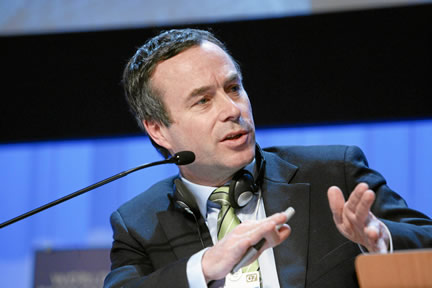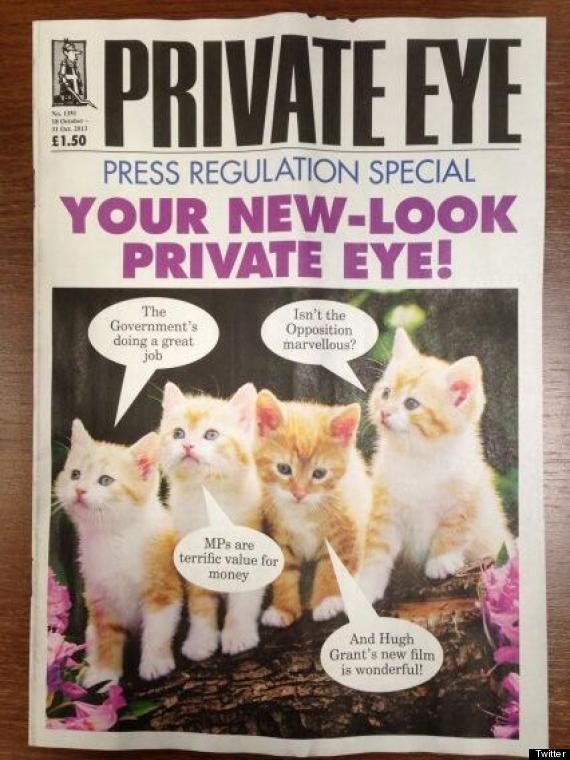- Different media directs the mass audience - hollywood, soap operas, certain newspapers, while some media outlets target the elite/privileged such as CBS and The New York Times
- These elite media outlets influence the others
- Real mass media is trying to divert people from the important issues to sport, celebrities etc, leaving the elite outlets to focus on the important stuff
- Media outlets often owned by big companies, making them part of the existing system
- Media is a doctrinal system
- Work with universities who give them things to say
- All different institutions are not independent - depend on support
- Press owned by wealthy people who don't want certain things to reach the public
- Media outlets sell a product and that product is audience - selling product to market and advertisers
- Reflects the interests of the power systems around them
- Not purposeful censorship, but people with subversive views don't advance to the top of the system
- Mass audience supposed to be the observers not the participants
Other Quotes:
“If the media were honest, they would say, Look, here are the interests we represent and this is the framework within which we look at things. This is our set of beliefs and commitments. That’s what they would say, very much as their critics say. For example, I don’t try to hide my commitments, and the Washington Post and New York Times shouldn’t do it either. However, they must do it, because this mask of balance and objectivity is a crucial part of the propaganda function. In fact, they actually go beyond that. They try to present themselves as adversarial to power, as subversive, digging away at powerful institutions and undermining them. The academic profession plays along with this game.”"The leading student of business propaganda, Australian social scientist Alex Carey, argues persuasively that “the 20th century has been characterized by three developments of great political importance: the growth of democracy, the growth of corporate power, and the growth of corporate propaganda as a means of protecting corporate power against democracy."
"Control of thought is more important for governments that are free and popular than for despotic and military states. The logic is straightforward: a despotic state can control its domestic enemies by force, but as the state loses this weapon, other devices are required to prevent the ignorant masses from interfering with public affairs, which are none of their business…the public are to be observers, not participants, consumers of ideology as well as products."
"You don’t have any other society where the educated classes are so effectively indoctrinated and controlled by a subtle propaganda system – a private system including media, intellectual opinion forming magazines and the participation of the most highly educated sections of the population. Such people ought to be referred to as “Commissars” – for that is what their essential function is – to set up and maintain a system of doctrines and beliefs which will undermine independent thought and prevent a proper understanding and analysis of national and global institutions, issues, and policies."
“Citizens of the democratic societies should undertake a course of intellectual self defense to protect themselves from manipulation and control, and to lay the basis for meaningful democracy.”







